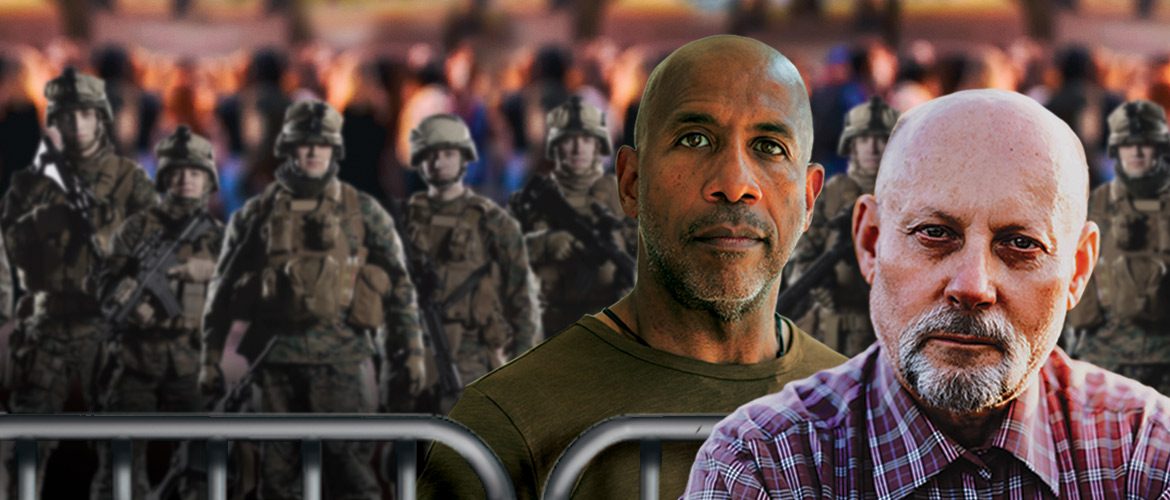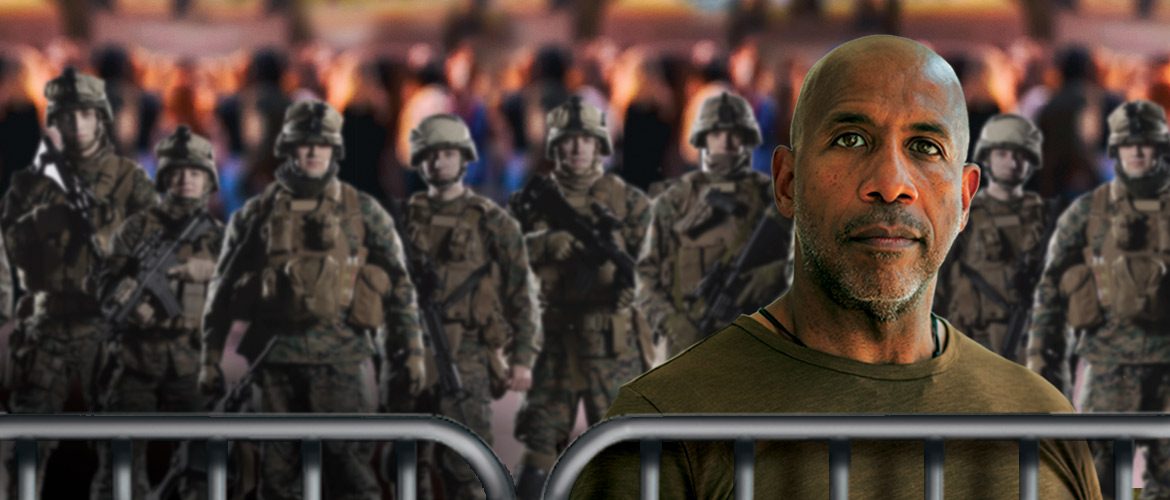By Pete Mattix
About fifteen years ago, I had the unique privilege of witnessing one of the most incredible God things I had ever seen. It happened at a men’s retreat in the mountains of North Georgia, and it included about 40 men from all across the state. None of the men knew each other prior to attending the retreat, and the group consisted of a very diverse population. When I arrived, my first thought was that it was going to be an interesting situation—it was a group of men on a three-day retreat from a variety of socio-economic backgrounds. I remember thinking, “The outside world would probably think of this as a disastrous social encounter in the making.”
The following days would not only prove me wrong, but in fact, I found that I was to be an observer of a true miracle. It was during the second day that I quickly realized the attendance of these men was a divine appointment, carefully orchestrated by God. On the evening of that second day, we gathered together for a time of praise and sharing, and it starting with some of the men sharing the typical things such as, “I would like to thank God for…” or, “I would like to be a better…” and, “I would like to ask God to forgive me of…”
But then, one of the men—a middle-aged, African-American man—stood up and began to share his story. He told us that he had lived in the South all his life and had endured a lifetime of racism and injustice, all because of the color of his skin. As tears began to stream down his face, he began to confess the anger and bitterness that this bigotry had caused in his life and how it had caused him to have a deep hatred for white people. He then went on to describe a dramatic event that had happened one January morning in 1987.
Most of us were familiar with the rural county in Georgia where the event had occurred. It was a county that had long been known as a “whites-only” sanctuary. It was precisely because of that, the man told us, that famed civil rights leader Hosea Williams led a racially-mixed group of protesters as they marched to the county’s courthouse to bring attention to the area’s continued racial injustices. He was there, he said, alongside Hosea. As they began their march, a large group of loud and angry KKK members, who had assembled behind the barricades, suddenly charged at them and pounded them with rocks and racial slurs, along with bottles and other hurled objects. He was spit on by one of the members of the KKK, and he remembered the feel of the spit as it was running down his face.
The Georgia National Guard was there that morning, and they stood between his group and the KKK members, who were held at bay by a line of wooden barricades. In fact, the man said, if it wasn’t for the Guard, many of his group may have been seriously injured, or even killed, because, in one split second, the angry men jumped the barricades to attack the marchers. Fortunately, the Georgia National Guard was able to maintain control and push them back behind the barricades. Still, he said, the amount of hate and anger was overwhelmingly frightening to observe.
At this point in his story, the black man paused. The room had fallen silent as each of us pictured the passion of that January morning in the not-so-distant past. Suddenly, a man in the second or third row stood up. He was white and middle-aged, and he began to weep. He sobbed uncontrollably for several minutes before he could gain his composure to speak. And then, with a strong southern drawl, he introduced himself. As he continued to weep, he turned and faced the black man and said, “Brother, I was also there that day. Do you remember seeing the KKK member that wore the fancy hood on that day of the march? The one who gave the charge for the members to jump the barricades and attack your group? That was me, brother. I was the one who gave the order. I was the KKK wizard who was in charge that day.”
As this burly-looking country boy continued to stand and weep, he began to tell his story. He told us that he had left his home that morning with a younger brother, and as he was leaving, his mother asked, “Where are you boys going?”
“We’re going to kill us some n—,” he had told his mother, and then he slipped a loaded gun in the pocket of his robe.
“My mama was a Godly woman,” he told us, the tears still streaming down his cheeks, “And while we were trying to get over those barricades, she was back home. She spent the entire day on her knees for her sons that day—not only that would they not carry out their plan to kill, but she also begged God to change their hearts. Our hearts.”
As he finished his story, an incredible thing happened. He walked over to his black brother and embraced him, and the two cried in each other’s arms. As they continued to weep, he begged the black man to forgive him for his hatred. Then, the white man led his black brother to a chair in front of the group, and he asked if he would be seated. Then, he removed the shoes and socks from his black brother’s feet and requested that someone bring them a wash bowl with water and a towel, and he began to follow the example of our Lord and Savior by washing the man’s feet. Then, the black man stood up and requested that the white man be seated, and he proceeded to wash his feet.
Although it’s been fifteen years since that amazing retreat in the mountains, as I look around today, I still can see the hate and distrust that continues to surround us and divide us. Wouldn’t it be incredible if our nation—and our world, for that matter—could experience what we were able to witness that evening in the Georgia mountains during that time of sharing and praise?
As impossible as it may seem, there actually is a solution to our nation’s racial divide—but it’s not a political, financial, or cultural answer. It’s a spiritual solution and it’s the one that the man’s mama completely and faithfully understood. It’s the solution that she went to her knees to ask for, that cold winter day in January of 1987.
Pete Mattix is the Senior Pastor of Lake Country Baptist Church in Eatonton, Georgia.



